Home>Garden Essentials>How Much Does Landscaping Add To The Value Of A Home
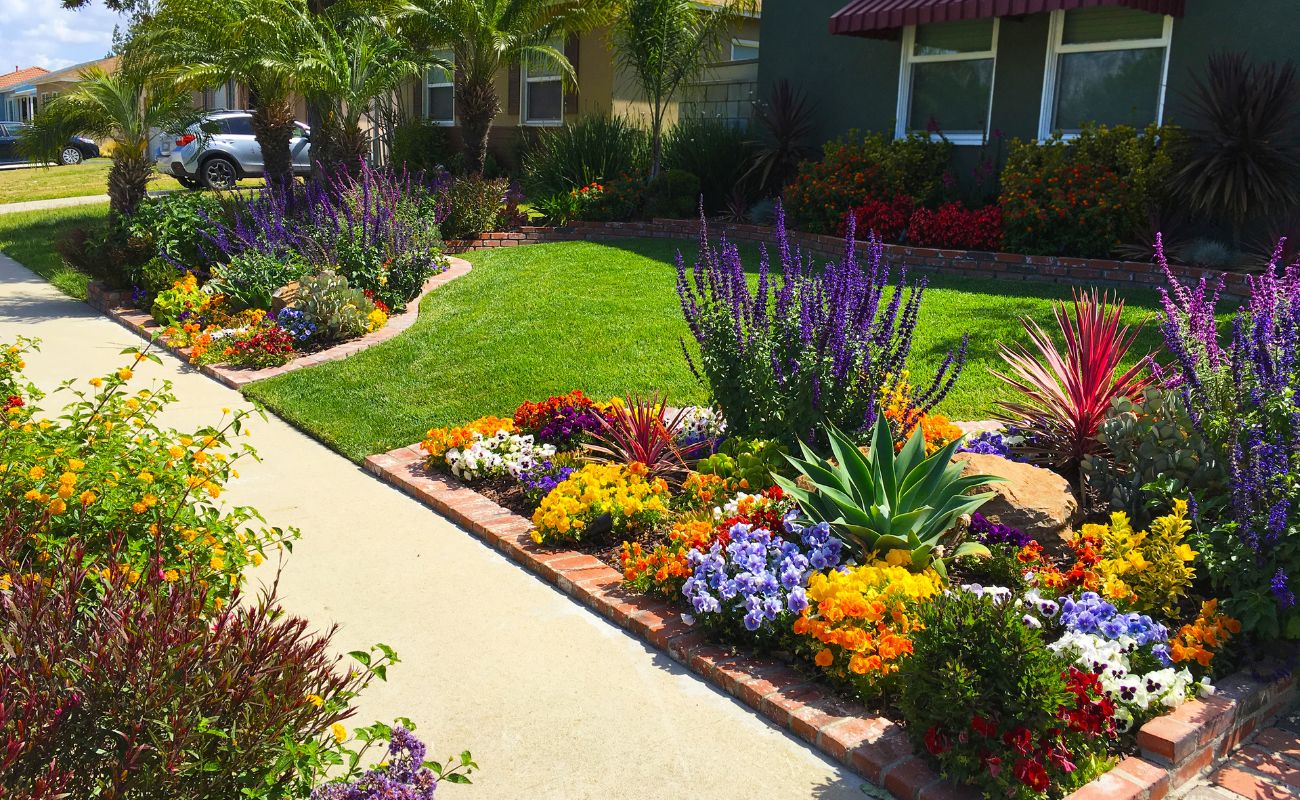

Garden Essentials
How Much Does Landscaping Add To The Value Of A Home
Modified: August 17, 2024
Discover the impact of garden landscaping on your home's value and find out how much it can increase the resale price. Boost your property's appeal with stunning outdoor spaces.
(Many of the links in this article redirect to a specific reviewed product. Your purchase of these products through affiliate links helps to generate commission for Storables.com, at no extra cost. Learn more)
Introduction
Welcome to our comprehensive guide on how landscaping can add value to your home. Whether you are a homeowner looking to enhance your property or a potential buyer interested in the potential return on investment, understanding the impact of landscaping on home value is crucial. In this article, we will explore the various factors that influence the value of landscaping, popular landscaping features, and the importance of professional services versus DIY projects.
Landscaping is more than just a way to make your home’s exterior look visually appealing. It plays a significant role in creating a positive first impression and can greatly influence the value of your property. A well-designed and properly maintained landscape can significantly increase the curb appeal of your home, attracting potential buyers and potentially increasing its market value.
However, it is important to note that not all landscaping projects have the same impact when it comes to adding value to a home. Factors such as location, the condition of the existing landscape, and the overall market demand for homes in your area can all play a role in determining the effectiveness of landscaping in terms of boosting property value.
Throughout this guide, we will discuss the various features and elements that can contribute to increasing the value of your home through landscaping. From adding functional and aesthetically pleasing outdoor spaces to incorporating sustainable and low-maintenance designs, we will provide practical insights and tips to help you make informed decisions about your landscaping endeavors.
Additionally, we will touch on the return on investment (ROI) associated with different landscaping projects. This will help you prioritize which features to focus on based on their potential to provide the greatest value and enjoyment for both your current and future homeownership.
Whether you are planning to sell your home soon or simply want to enhance its overall appeal and livability, understanding how landscaping impacts home value is a valuable skill. So let’s dive into the world of landscaping and discover how it can transform not only the look but also the value of your home.
Key Takeaways:
- Landscaping can significantly increase a home’s value by creating an attractive exterior, functional outdoor spaces, and low-maintenance designs, appealing to potential buyers and enhancing curb appeal.
- Understanding the ROI of landscaping projects is crucial, as well as considering the maintenance and upkeep required. Balancing professional landscaping services and DIY options can help create a beautiful and valuable outdoor space.
Read more: How Much Value Does A Fence Add To A Home
Factors Affecting Landscaping’s Impact on Home Value
When it comes to determining the impact of landscaping on home value, several factors come into play. These factors can vary depending on the location, neighborhood, and market demand. Understanding these factors is crucial in order to make informed decisions about your landscaping projects. Here are the key factors that can influence the value of landscaping:
- Location: The location of your property plays a significant role in determining the impact of landscaping on its value. Homes in desirable neighborhoods or areas with high demand tend to have a greater potential for increased value through landscaping. On the other hand, if your property is located in an area with limited demand, the impact of landscaping on value may be relatively lower.
- Curb Appeal: One of the most important factors in determining a home’s value is its curb appeal. Landscaping plays a crucial role in creating an attractive and welcoming exterior that can make a lasting impression on potential buyers. A well-maintained lawn, vibrant plants, and appealing outdoor spaces can significantly enhance the overall curb appeal of a property, thus increasing its value.
- Climate and Environment: The climate and environment in which your property is located can greatly influence the value of landscaping. Certain plants, trees, and features may thrive in specific climates, while others may require more maintenance and care. A well-adapted and sustainable landscape design that suits the local environment can add value to your property by reducing maintenance costs and enhancing its overall appeal.
- Functionality and Usability: Landscaping features that provide functionality and usability can also impact the value of a home. Outdoor living spaces, such as patios, decks, or gazebos, can create additional areas for entertaining and relaxation, increasing the overall livability and desirability of the property.
- Low Maintenance Design: In today’s fast-paced world, many homeowners are seeking low maintenance landscaping solutions. A landscape design that requires minimal upkeep and water consumption can be an attractive feature for potential buyers. Incorporating drought-tolerant plants, efficient irrigation systems, and low maintenance hardscapes can not only save you time and money but also increase the value of your home.
It is essential to consider these factors when planning your landscaping projects. Understanding the specific needs and preferences of your neighborhood and potential buyers can help you make informed decisions about the design and features that will have the greatest impact on your property’s value.
The Role of Curb Appeal
When it comes to creating an inviting and attractive exterior, curb appeal plays a crucial role in enhancing the value of your home. Curb appeal refers to the visual impact and overall attractiveness of a property when viewed from the street. It is the first impression that potential buyers or visitors get when they see your home, and it can greatly influence their perception of its value.
Landscaping plays a key role in creating a positive first impression and boosting curb appeal. Here’s how landscaping can enhance the curb appeal of your property:
- Well-Maintained Lawn: A lush, green, and well-maintained lawn is often considered a hallmark of a well-cared-for property. Regular mowing, proper watering, and trimming of edges can help create a neat and tidy appearance that instantly grabs attention.
- Colorful Plants and Flowers: Adding a variety of colorful plants and flowers to your garden beds or containers can add vibrancy and visual interest to your landscape. Choose plants that thrive in your climate and coordinate them to create a cohesive and eye-catching display.
- Defined Walkways and Pathways: Clearly defined walkways and pathways not only provide functional access to different areas of your property but also contribute to its visual appeal. Use materials such as pavers, gravel, or stepping stones to create inviting paths that lead visitors gracefully to your front door.
- Attention to Detail: Paying attention to small details can make a big difference in curb appeal. Ensure that your exterior features, such as fences, gates, and lighting fixtures, are well-maintained and in good condition. Consider adding decorative elements, such as ornamental shrubs or a well-placed outdoor art piece, to add a unique touch to your landscape.
- Balance and Symmetry: Creating a sense of balance and symmetry in your landscaping design can have a powerful visual impact. Consider incorporating elements such as matching planters, evenly spaced trees, or symmetrical flower beds to create a well-balanced and harmonious landscape.
In addition to enhancing the overall attractiveness of your home, curb appeal can also contribute to increased property value. A well-maintained and visually appealing exterior can create a positive impression on potential buyers and potentially lead to higher offers. It can also differentiate your property from others in the market, making it stand out and attract more attention.
Remember, first impressions matter, and investing time and effort into improving your curb appeal can yield significant returns when it comes to selling your home. So, take the time to evaluate and improve the curb appeal of your property, and watch as its value and desirability soar.
ROI of Landscaping Projects
When it comes to investing in landscaping projects, understanding the potential return on investment (ROI) is essential. While the primary goal of landscaping may be to enhance the beauty and enjoyment of your outdoor space, it’s also important to consider how these projects can add value to your home. Here are some key considerations regarding the ROI of landscaping projects:
- Increased Property Value: Well-designed and properly maintained landscaping can significantly increase the value of your home. Studies have shown that landscaping projects can yield an ROI of up to 150%, depending on the type and scale of the project. A visually appealing front yard with curb appeal, attractive outdoor spaces, and sustainable features can make your property more appealing to potential buyers, thus increasing its market value.
- Market Demand: The ROI of landscaping projects can also be influenced by market demand. If you live in an area where landscaping is highly valued and in demand among buyers, the potential ROI may be higher. Research the preferences and priorities of homeowners in your area to identify which landscaping features are most sought after, and consider incorporating them into your projects to maximize your potential ROI.
- Functional and Livable Outdoor Spaces: Landscaping projects that focus on creating functional and livable outdoor spaces can also provide a high ROI. Features such as patios, decks, outdoor kitchens, or fire pits can extend your living space and increase your home’s attractiveness for potential buyers. These additions have the potential to provide a significant ROI by increasing the usable square footage of your property.
- Energy Efficiency: Landscaping projects that incorporate energy-efficient elements can also yield a positive ROI. Strategically placed trees and shrubs can provide shade and reduce cooling costs during the summer months. Furthermore, implementing sustainable irrigation systems or water-efficient features can reduce water consumption and save on utility bills, making your home more appealing to eco-conscious buyers.
- Affordability and DIY Potential: The ROI of a landscaping project can also be influenced by its affordability and DIY potential. While some projects may require professional assistance, there are plenty of tasks that can be done by homeowners themselves. By conducting the work yourself, you can save on labor costs and potentially increase the overall ROI of the project.
It’s important to note that the ROI of landscaping projects may vary based on individual circumstances such as property size, location, and current condition. It’s advisable to assess your specific needs, budget, and goals before embarking on any landscaping project. Consider consulting with a professional landscaper or real estate agent to gain insights into which projects are likely to yield the highest return and best align with your objectives.
Ultimately, landscaping projects can provide a significant ROI by enhancing the value, appeal, and functionality of your home. By investing in the right features and carefully planning your projects, you can enjoy the benefits of a beautiful landscape while also reaping the financial rewards when it comes time to sell your property.
Popular Landscaping Features for Increasing Home Value
When it comes to increasing the value of your home through landscaping, there are several popular features that can make a significant impact. These features not only enhance the visual appeal of your property but also provide additional functionality and create desirable outdoor spaces. Here are some of the most popular landscaping features for increasing home value:
- Outdoor Living Spaces: Creating functional outdoor living spaces can greatly increase the value of your home. Features such as patios, decks, or pergolas provide a space for entertaining and relaxation, effectively extending your living area. Consider incorporating comfortable seating, outdoor kitchens, fire pits, or even a built-in barbeque to transform your backyard into an inviting oasis.
- Water Features: Water features, such as fountains, ponds, or waterfalls, can add a touch of elegance and tranquility to your landscape. The soothing sound of running water can create a peaceful ambiance and attract wildlife. Water features are highly sought after by homebuyers and can significantly increase the desirability and value of your property.
- Lush Green Lawn: A lush and well-maintained lawn is a timeless feature that never goes out of style. A healthy lawn provides a visual appeal and creates a sense of freshness and vitality. Regular mowing, proper fertilization, and appropriate watering can help maintain a vibrant and welcoming lawn that instantly catches the eye of potential buyers.
- Drought-Tolerant Landscaping: With growing environmental concerns, many homeowners are seeking sustainable and water-conscious landscaping options. Drought-tolerant plants, native species, and low-maintenance landscapes are not only visually appealing but also cost-effective and environmentally friendly. Incorporating these features can attract eco-conscious buyers and increase the value of your home.
- Outdoor Lighting: Outdoor lighting can dramatically enhance the aesthetics and safety of your property. Well-placed lighting fixtures can highlight architectural features, illuminate paths, and accentuate landscaping elements during the evening hours. Outdoor lighting adds a sense of security and creates an inviting atmosphere, making your home more appealing to potential buyers.
- Privacy Screening: Providing privacy in outdoor spaces has become increasingly important for homeowners. Incorporating privacy screening features such as tall hedges, fences, or pergolas can create intimate and secluded areas that add value to your home. Enhancing privacy also enhances the overall comfort and livability of your outdoor spaces.
When considering these landscaping features, it’s important to ensure they are well-designed and properly integrated into your overall landscape. Cohesion, functionality, and harmony with your home’s architectural style are key factors to consider. Consulting with a professional landscaper can provide valuable insights and guidance to help you create a cohesive and attractive landscape that increases the value of your property.
Ultimately, incorporating these popular landscaping features can not only increase the value of your home but also enhance your enjoyment of your outdoor spaces. By creating functional, visually appealing, and sustainable landscapes, you can create a captivating oasis that adds value and beauty to your property for years to come.
Landscaping can add 5-15% to a home’s value. Focus on curb appeal with well-maintained lawns, gardens, and hardscaping. Keep it simple and low-maintenance for the best return on investment.
Read more: How Much Does A Patio Add To Home Value
Maintenance and Upkeep Considerations
While landscaping can greatly enhance the value and appeal of your home, it’s important to consider the maintenance and upkeep required to keep your landscape looking its best. Before diving into any landscaping projects, it’s crucial to understand the level of maintenance and ongoing care involved. Here are some maintenance and upkeep considerations to keep in mind:
- Time Commitment: Maintaining a well-kept landscape requires a certain amount of time and commitment. Regular tasks such as mowing, watering, pruning, and weeding are essential to keep your landscape healthy and attractive. Consider how much time you are willing to dedicate to maintaining your landscaping and choose plants and features that match your availability and commitment level.
- Cost of Maintenance: Landscaping maintenance comes with associated costs. Consider the ongoing expenses of water, fertilizers, pesticides, and equipment needed to maintain your landscape. Additionally, if you plan on using professional landscapers or gardeners, factor in the cost of their services. Designing a low-maintenance landscape or incorporating drought-tolerant plants can help reduce ongoing maintenance costs.
- Seasonal Changes: Landscapes evolve with the seasons, and maintaining them requires an understanding of the specific care needed during each season. Different plants and features might require specific attention and care based on seasonal changes. Be prepared to adjust your maintenance routines accordingly to ensure your landscape stays healthy year-round.
- Watering and Irrigation: Proper watering is crucial for the health and vitality of your landscape. Consider installing efficient irrigation systems such as drip irrigation or smart sprinkler systems to minimize water waste and ensure plants receive adequate moisture. Additionally, familiarize yourself with local water restrictions and conservation practices to maintain a sustainable and eco-friendly landscape.
- Pruning and Trimming: Regular pruning and trimming are necessary to keep plants and trees in good shape and prevent overgrowth. Consider the time and effort required for these tasks, especially for larger trees or shrubs. If you’re not confident in your pruning skills, it’s best to hire a professional to ensure the proper health and appearance of your landscape.
- Winterization: In colder climates, winterization is essential to protect your landscape from harsh weather conditions. This may involve wrapping trees, insulating delicate plants, or preparing irrigation systems for winter. Be prepared to invest time and resources into winterizing your landscape to ensure its survival and longevity.
By considering these maintenance and upkeep factors, you can make informed decisions about the types of plants, features, and overall design of your landscape. It’s essential to strike a balance between creating an aesthetically pleasing landscape and one that can be realistically maintained within your time and budget constraints.
If the maintenance tasks seem overwhelming, you may opt for professional landscaping services. Hiring a professional landscaper can save you time and ensure your landscape receives expert care. They can provide ongoing maintenance, suggest suitable plants, and offer valuable advice on how to best care for your landscape.
Remember, a well-maintained landscape not only adds value to your home but also provides a sense of pride and enjoyment. So, carefully consider the maintenance and upkeep requirements and create a landscape that you can confidently manage and nurture for years to come.
Professional Landscaping Services vs. DIY
When it comes to landscaping your home, you may find yourself debating between hiring professional landscaping services or taking a DIY approach. Each option has its advantages and considerations, so it’s important to weigh the pros and cons before making a decision. Here’s a comparison between professional landscaping services and DIY:
Professional Landscaping Services:
Hiring a professional landscaper offers numerous benefits and can ensure a high-quality, well-executed landscape design. Here are some advantages of opting for professional landscaping services:
- Expertise and Experience: Professional landscapers have the knowledge, skills, and experience to create stunning landscapes that meet your specific needs and desires. They are trained in various landscaping techniques and can provide valuable insights and recommendations based on your property and climate.
- Time-Saving: Landscaping projects can be time-consuming, especially if you are inexperienced or working with a large-scale project. Hiring professionals allows you to save time and focus on other priorities while they handle the design, installation, and ongoing maintenance of your landscape.
- Access to Resources: Professional landscapers have access to a wide range of resources, including specialized equipment, quality plants, and industry connections. They can source the best materials and products and ensure that your landscape is built with durable and long-lasting elements.
- Increase in Property Value: A professionally designed and well-maintained landscape can significantly increase the value of your home. Professional landscapers have a deep understanding of landscaping principles that can enhance curb appeal, functionality, and overall beauty, ultimately boosting your property’s market value.
- Ongoing Maintenance: Many professional landscaping services offer ongoing maintenance plans to ensure the longevity and health of your landscape. They have the expertise to properly care for your plants, trees, and features, saving you time and effort in the long run.
DIY Landscaping:
While professional landscaping services offer expertise and convenience, DIY landscaping also has its advantages. Here are some considerations if you choose to take on your landscaping project independently:
- Cost Control: DIY landscaping allows you to have more control over your budget. You can choose materials and plants that fit within your financial constraints and find cost-effective solutions for various aspects of your landscape design.
- Creative Expression: Taking a DIY approach gives you the freedom to express your creativity and personal style in your landscape design. You have the flexibility to experiment with different plants, features, and layouts to create a unique outdoor space that reflects your vision.
- Sense of Accomplishment: Successfully completing a landscaping project on your own can bring a great sense of accomplishment and pride. It allows you to take ownership of the entire process, from design to installation, and experience the satisfaction of seeing your vision come to life.
- Learning Experience: DIY landscaping provides an opportunity to learn new skills and gain knowledge about plants, gardening techniques, and landscape design. It can be a fulfilling and educational journey that deepens your understanding and appreciation for your outdoor space.
- Flexibility and Adaptability: With a DIY approach, you have the flexibility to work at your own pace and make adjustments as needed. You can adapt your plans and make changes on the go, tailoring your landscape to your specific preferences and needs.
Ultimately, the decision between professional landscaping services and DIY comes down to your budget, time availability, skill level, and personal preferences. If you have a complex or large-scale project, lack time or expertise, or simply prefer the peace of mind that comes with professional assistance, hiring a landscaper may be the best choice. However, if you enjoy hands-on work, have a smaller project, or want to embark on a learning experience, DIY landscaping can be a rewarding and cost-effective option.
Remember, regardless of your choice, the key lies in creating a landscape that enhances the beauty and value of your home while providing a space you can enjoy for years to come.
Conclusion
Landscaping can have a significant impact on the value, appeal, and enjoyment of your home. Whether you are looking to increase your property’s market value or create a beautiful outdoor space for your own pleasure, understanding the factors that influence the value of landscaping is crucial.
Factors such as location, curb appeal, climate, functionality, and low maintenance design all play a role in the impact of landscaping on home value. By considering these factors, you can make informed decisions about the design, features, and level of maintenance required for your landscape.
Popular landscaping features, such as outdoor living spaces, water features, lush green lawns, and privacy screening, can greatly enhance the value and desirability of your property. These features not only add visual appeal but also create functional and inviting spaces that buyers and homeowners alike find attractive.
Understanding the potential return on investment (ROI) associated with landscaping projects is also important. Landscaping projects can yield a significant ROI, particularly when they enhance curb appeal, create functional outdoor living spaces, promote energy efficiency, and align with market demand.
When it comes to maintenance and upkeep, it’s essential to consider the time, cost, and effort required to maintain your landscape. Balancing the level of maintenance with your lifestyle and budget is crucial to ensure that you can sustain the beauty and health of your landscape in the long term.
Deciding between professional landscaping services and DIY depends on your specific circumstances and preferences. Professional landscapers offer expertise, experience, and ongoing maintenance services, while DIY landscaping allows for creative expression, cost control, and a sense of accomplishment. Carefully evaluate your needs, budget, and willingness to invest time and effort before deciding which approach is best for you.
In conclusion, landscaping has the power to transform your home’s exterior, increase its value, and provide a beautiful space for relaxation and enjoyment. By considering the factors that influence value, incorporating popular landscaping features, and being mindful of ongoing maintenance, you can create a landscape that not only adds value to your property but also brings joy to your life.
Frequently Asked Questions about How Much Does Landscaping Add To The Value Of A Home
Was this page helpful?
At Storables.com, we guarantee accurate and reliable information. Our content, validated by Expert Board Contributors, is crafted following stringent Editorial Policies. We're committed to providing you with well-researched, expert-backed insights for all your informational needs.
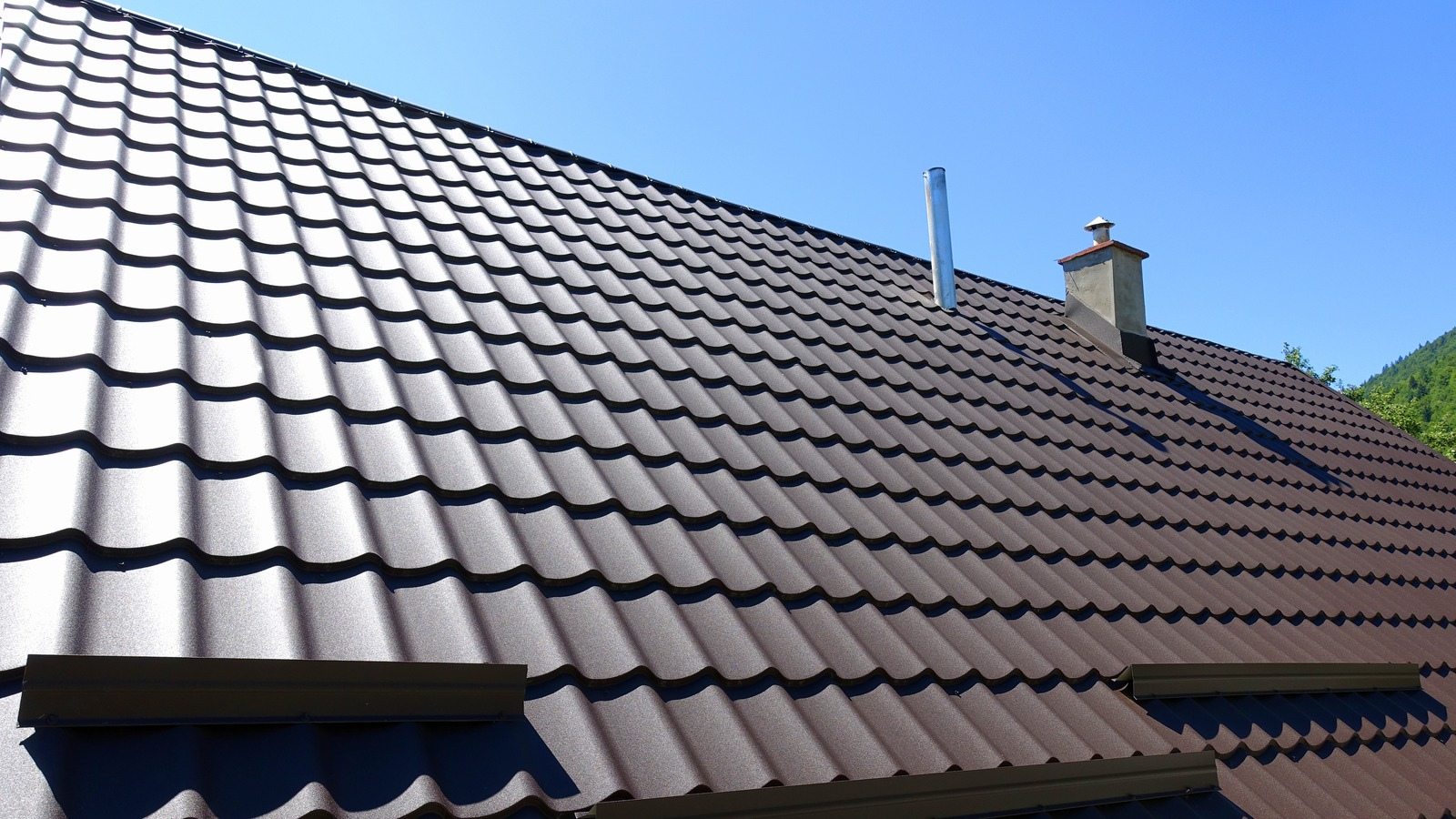
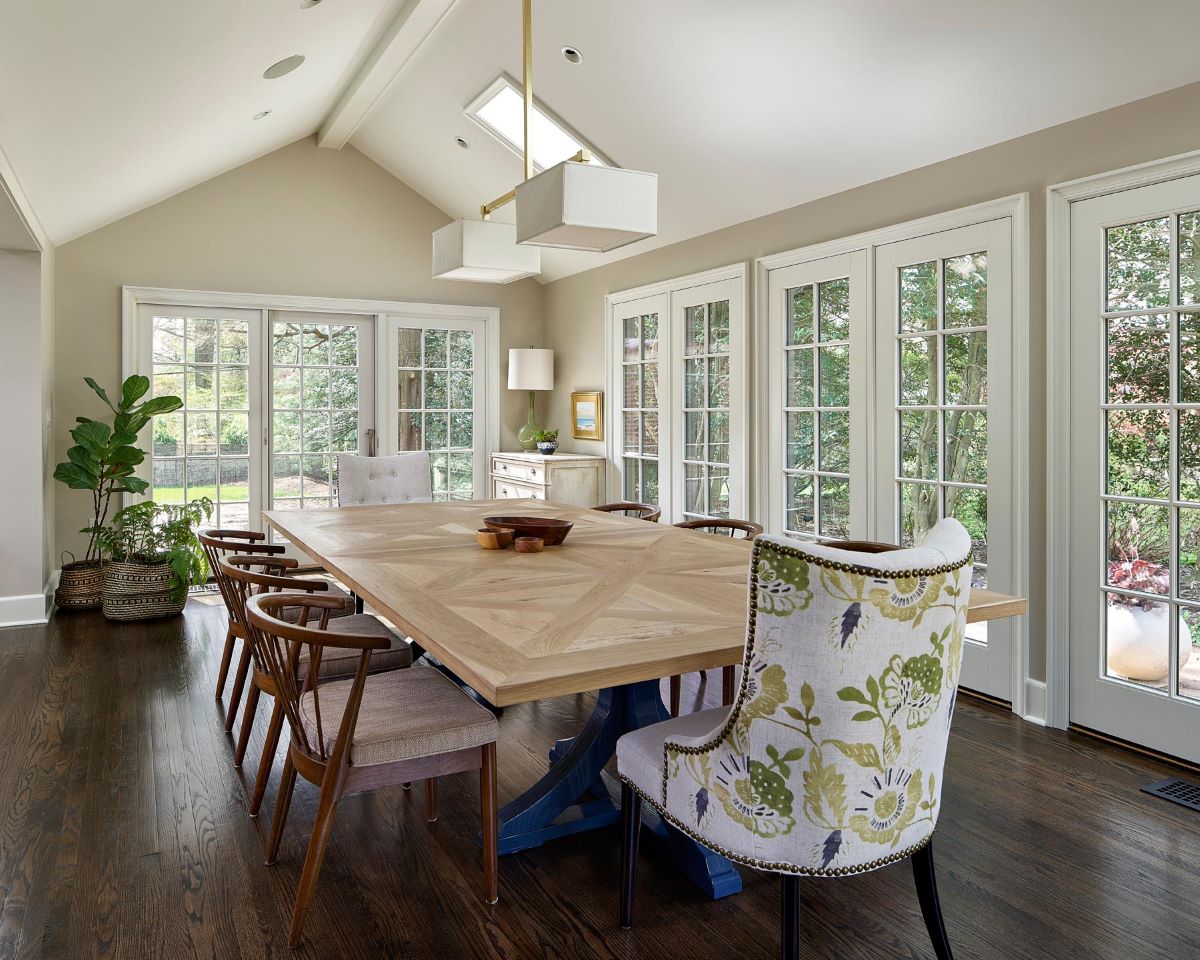

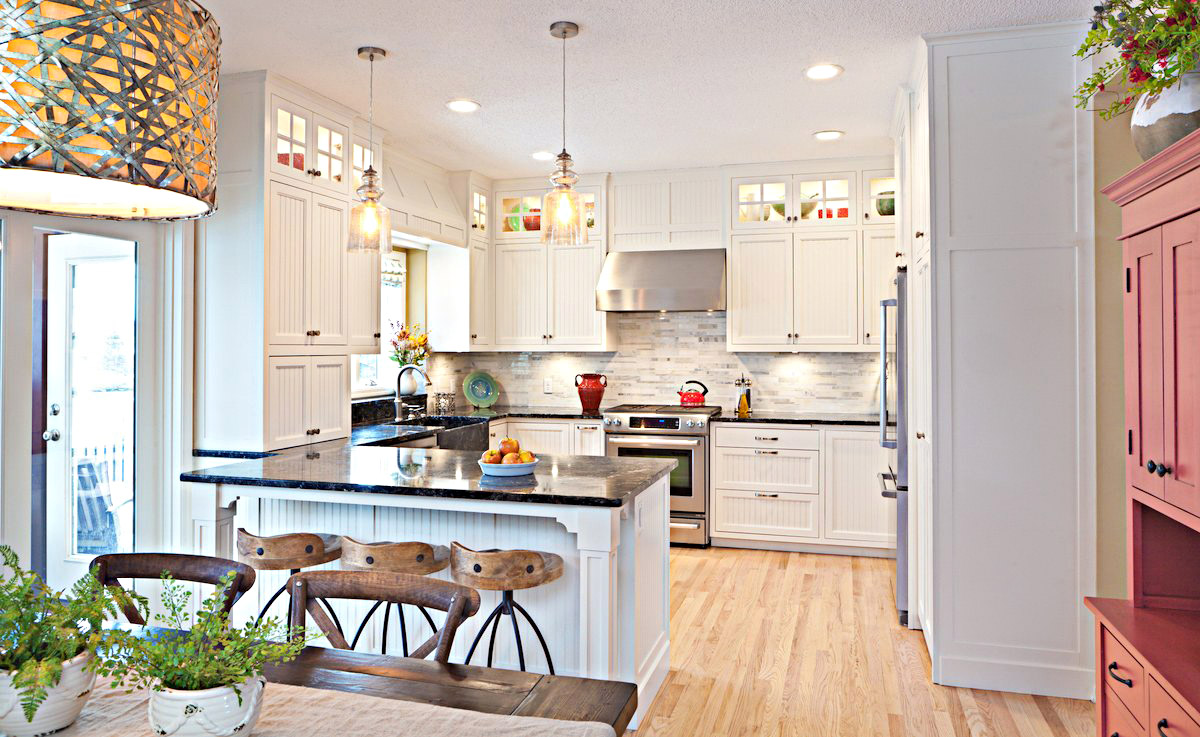



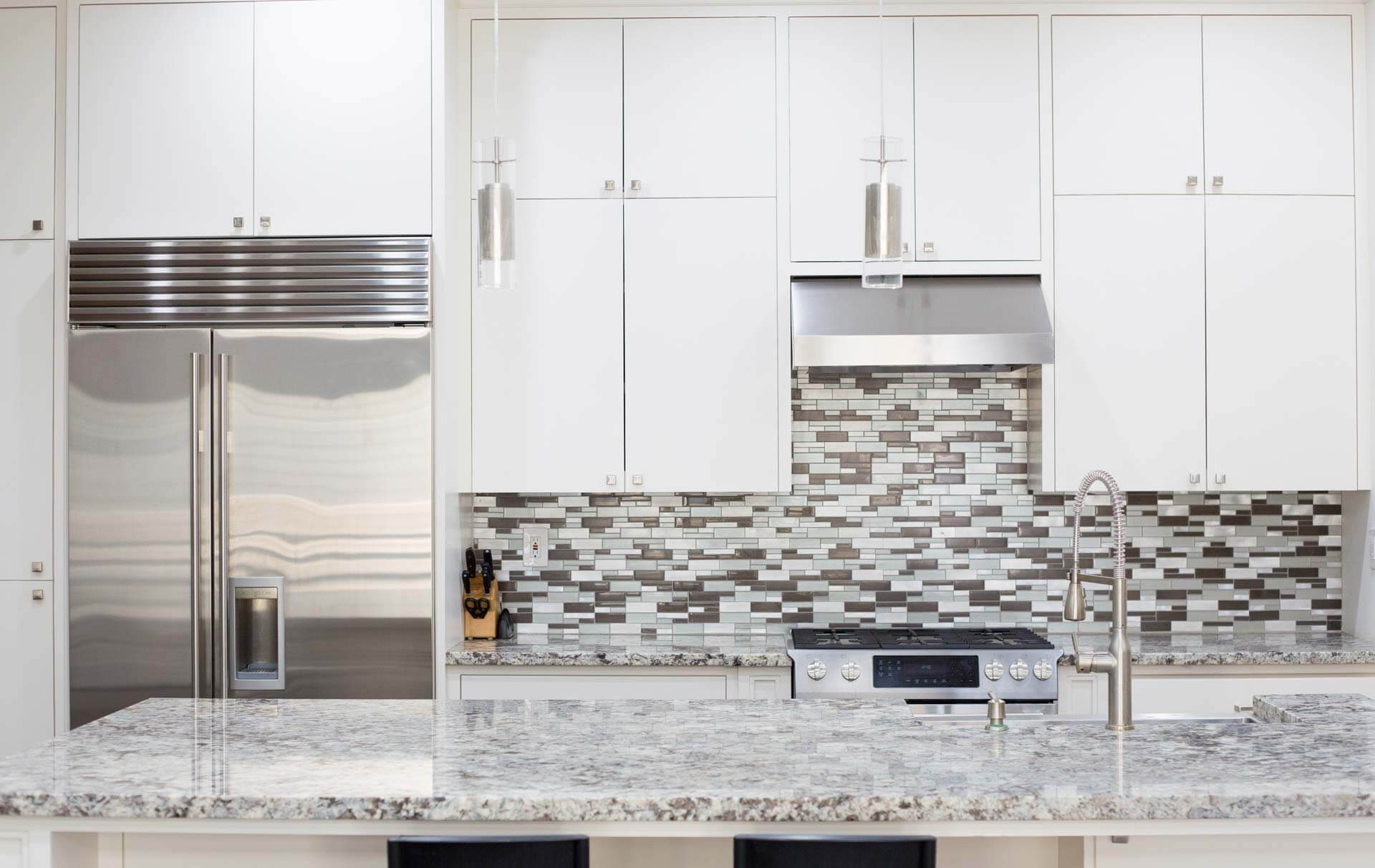
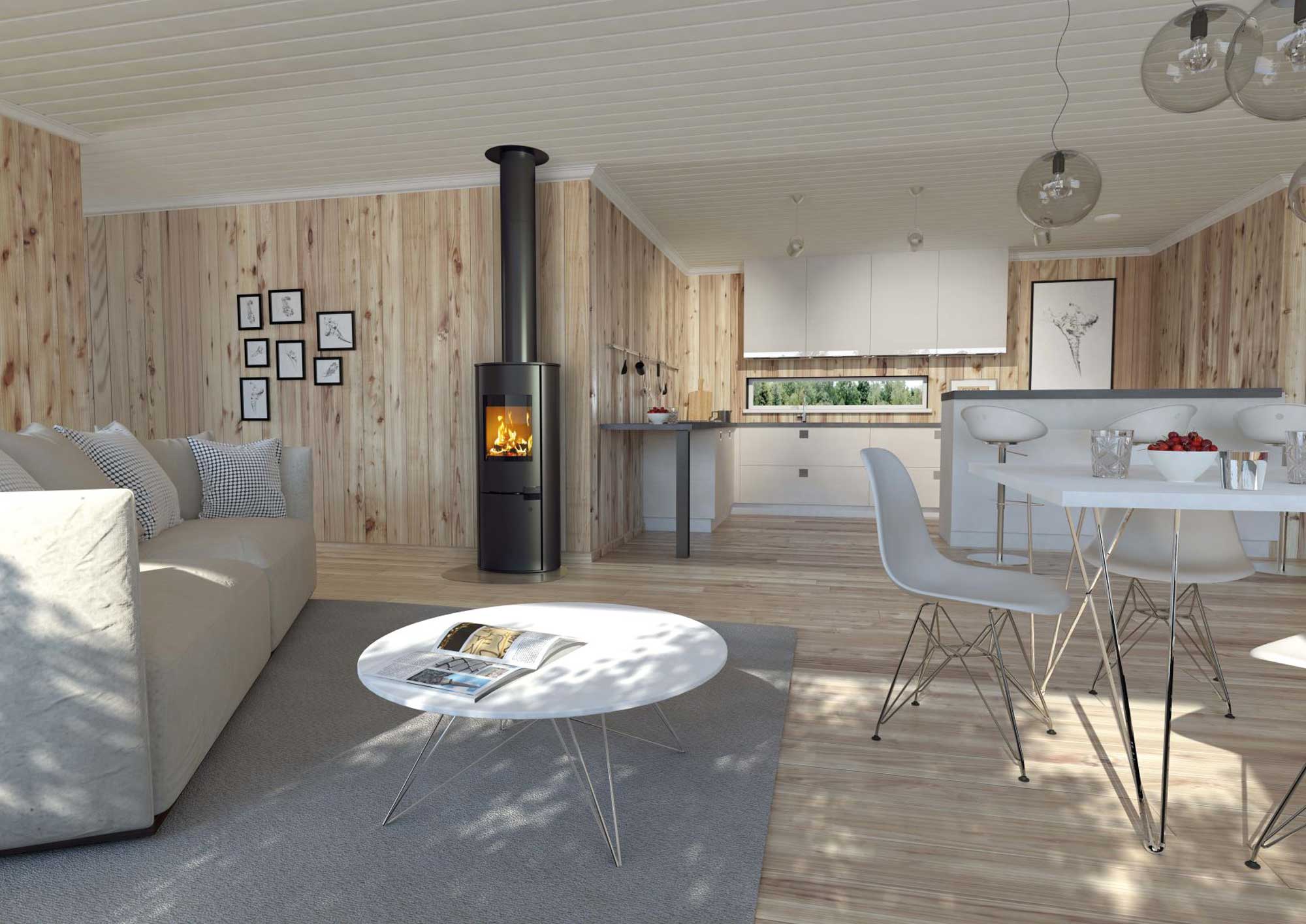
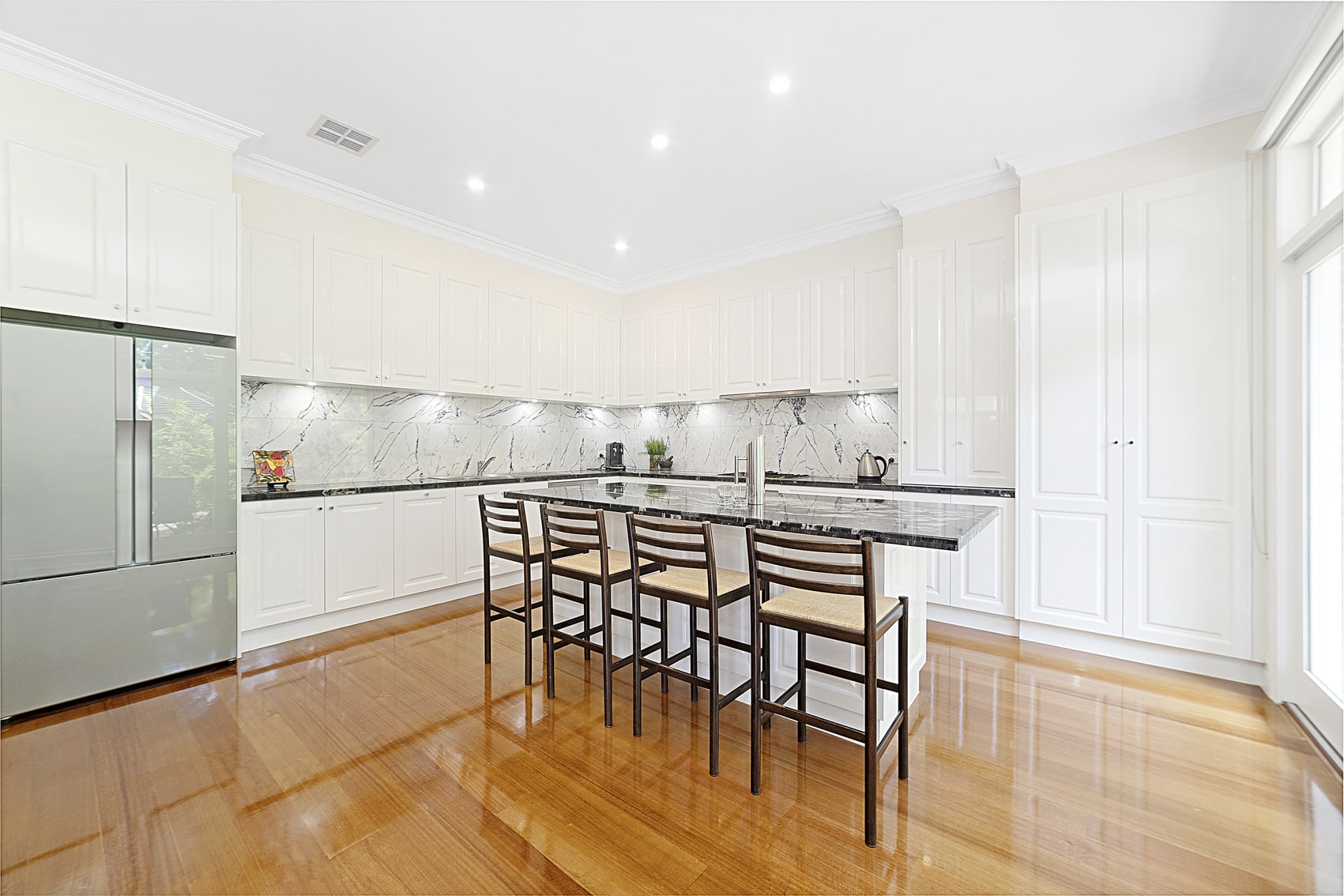
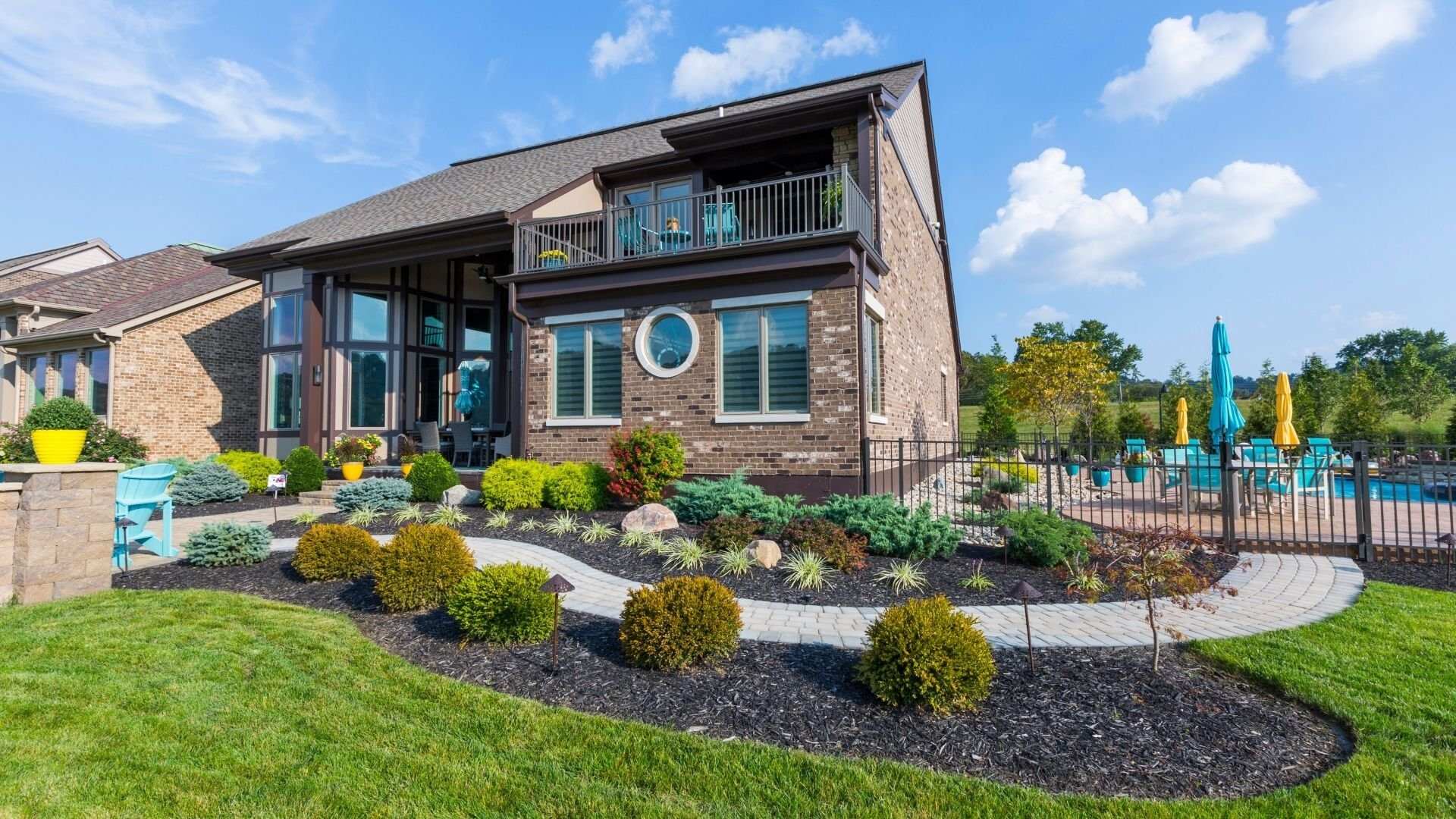

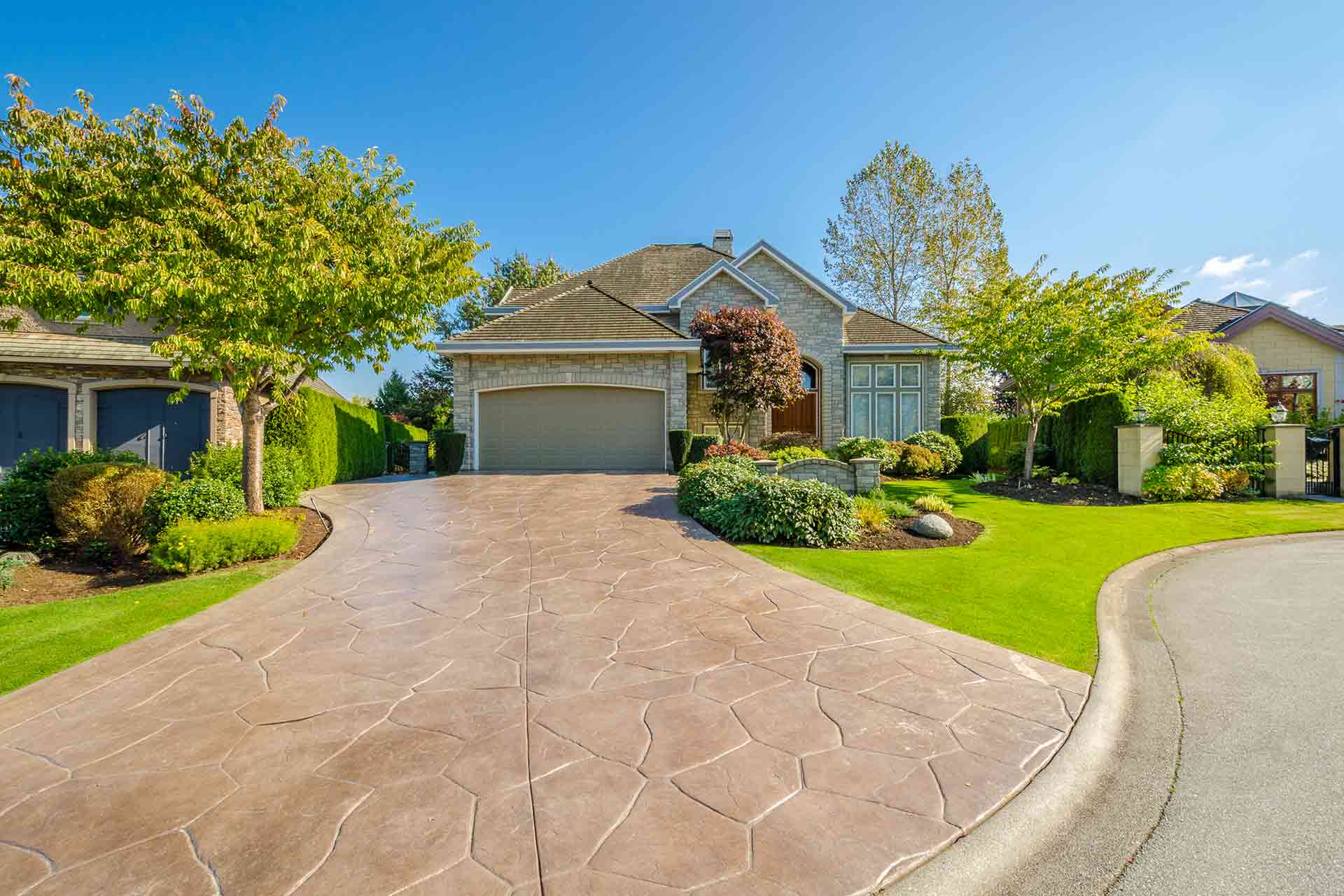

0 thoughts on “How Much Does Landscaping Add To The Value Of A Home”